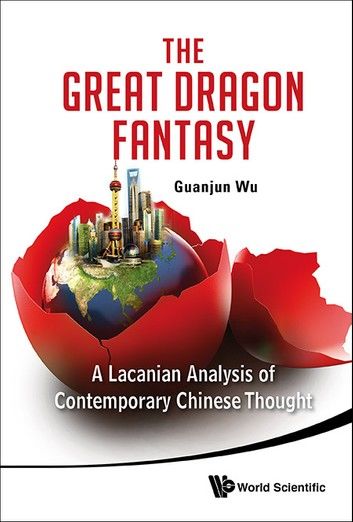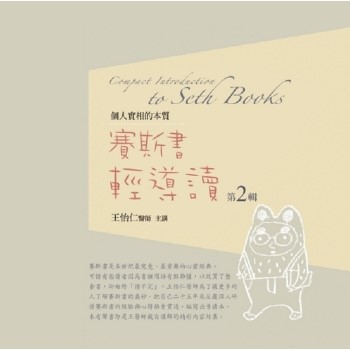| FindBook |
有 1 項符合
The Great Dragon Fantasy的圖書 |
 |
Great Dragon Fantasy, The: A Lacanian Analysis Of Contemporary Chinese Thought 作者:Guanjun Wu 出版社:World Scientific Publishing Company 出版日期:2014-05-21 語言:英文 |
| 圖書館借閱 |
| 國家圖書館 | 全國圖書書目資訊網 | 國立公共資訊圖書館 | 電子書服務平台 | MetaCat 跨館整合查詢 |
| 臺北市立圖書館 | 新北市立圖書館 | 基隆市公共圖書館 | 桃園市立圖書館 | 新竹縣公共圖書館 |
| 苗栗縣立圖書館 | 臺中市立圖書館 | 彰化縣公共圖書館 | 南投縣文化局 | 雲林縣公共圖書館 |
| 嘉義縣圖書館 | 臺南市立圖書館 | 高雄市立圖書館 | 屏東縣公共圖書館 | 宜蘭縣公共圖書館 |
| 花蓮縣文化局 | 臺東縣文化處 |
|
|
China has undergone a unique path of development in the post-Maoist era. Especially, the last decade witnessed China's rapid rise to economic wealth and superpower status vis-à-vis the severe developmental predicaments of the West (financial crises, socio-political turbulences, etc.). This book analyzes how the leading Chinese thinkers understand China's prosperity and rapid development today, and whether there is any hidden mechanism that has been playing a crucial role of forming contemporary Chinese thinkers' shared passionate endeavor of resuscitating classical Chinese ideas, and thus shows how the fervor for discovering “essential characteristics” of Chinese thought reveals a hidden psychological mechanism.
Contents:
- The Fantasmatic Narrative of Contemporary Chinese Thought
- Descendants of a Blurry-Eyed Dragon
- New Enlightenment as Modernization
- “Traumatic” Encounters with Postmodernism
- Liberals and New Leftists as “Discursive Enemies”
- China's New Nationalism and Its Obscene Core
- Narrating the Fantasmatic Past: Ancient and Recent
- Traversing the Fantasy
Readership: Academics, professionals, Sinologists, advanced undergraduate and graduate students interested in China studies.
Key Features:
- Helps acquire a better understanding of China's developments and problems in the post-Maoist era and contributes substantial new knowledge about classical and contemporary Chinese ideas
- Offers critical analyses of various recent accounts of the “China path” or the “China model”
- Exemplifies that Lacanian psychoanalysis indeed can be a useful — indeed, powerful — methodological approach in the field of Sinology and China Studies
|











